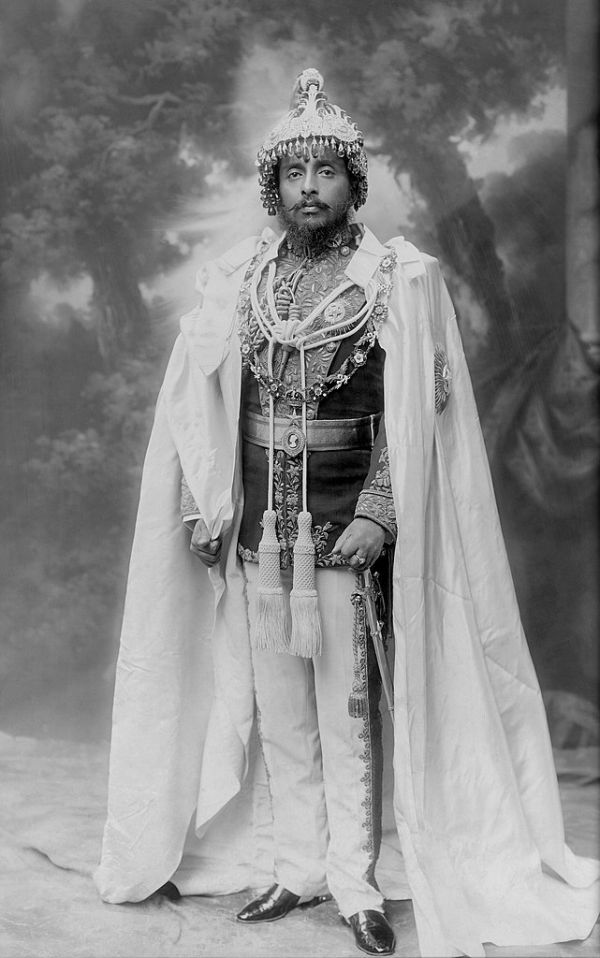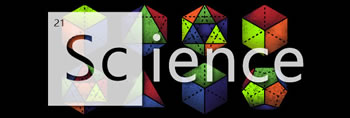In 1920, Chandra Shumsher Jung Bahadur Rana was the autocratic ruler of Nepal, having inherited the title in a family that overthrew the government decades before (he had actually deposed his brother). Rana ruled with an iron hand, and decreed that all books had to be approved by a government board before publishing. In this atmosphere, Krishna Lal Adhikari, an official in the Office of Foreign Affairs, wrote a book about growing corn, titled Makaiko Kheti (The Cultivation of Maize). He submitted the book to the Nepali Language Publication Committee, which may have skimmed through it. After all, how exciting can an agricultural manual be? The book was approved, Adhikari had a thousand copies printed, and it became a popular read.
Allies reported the book to Rana, and he was furious. Tucked into the manual for corn farming were some metaphors that could be taken to refer to Rana and his political allies. Or they might have been completely benign. It did not help that Adhikari was a known free speech advocate. He was arrested, and ordered to turn over all copies of the book- his sentence would depend on it. Adhikari rounded up 999, but could never find the last book. He contracted tuberculosis in prison and died before his sentence was up.
What could have possibly been in a book about raising corn that was so politically objectionable? No copies have existed for a hundred years. But there are some examples of what Rana found to be critical of his government that would only be decipherable if you were looking for them. Read those, and the story of how Adhikari became a literary martyr, at Amusing Planet.











Comments (0)